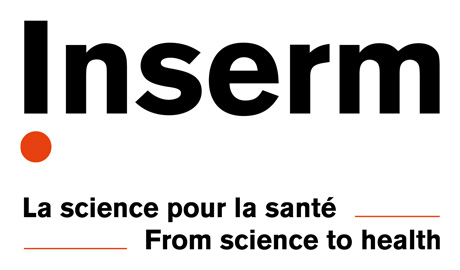DETAILS OF THE OFFER | DBS: from genetic mutations to motor circuit dysfunctions & recovery DBS is an exciting new interdisciplinary, collaborative, and multi-model project at the ICM.
By bridging approaches across disciplines, the project’s goal is to build novel strategies to
improve dopaminergic cell survival and deep-brain stimulation of resilient circuits in
Parkinson’s disease.
Collective Interest Projects – Collaborative, interdisciplinary, innovative & transformative
As part of DBS, we will implement the hiring of post-docs each dedicated to one collective interest project to be co\u0002supervised by two ICM team leaders, experts from different fields. The early-career researchers will receive training in the field that they have not received training on yet, either genetics, cellular physiology, imaging, optogenetics, behavior or
modelling.
We aim to attract high-level interdisciplinary researchers by offering world-class research facilities and double supervision from leaders in the relevant fields. You would be part of a dynamic community of young researchers within a highly collaborative environment.
In the LysoPDCalcium project, the candidate will be hosted by the teams of Jaime de Juan-Sanz and Dafni Hadjieconomou. This project aims to address the urgent need to understand lysosomal Ca2+ dysregulation in Parkinson’s Disease (PD), an area that is critical yet poorly explored. Our proposal aims to develop LysoCaMPs, innovative optical tools for the direct measurement of lysosomal Ca2+, which will provide crucial insights into synaptic physiology and neuronal activity. This project will apply these tools both in iPSC-derived neurons and in vivo models using Drosophila, to uncover the mechanisms by which Ca2+-mediated adjustments of mitochondrial metabolism support neurotransmission and contribute to PD pathology.
MISSIONS • Transgenic Fly Generation, extensive experience working with Drosophila melanogaster
• Lysosomal Targeting, Chemical Ligand Delivery
• In Vivo Imaging
• Lysosomal Ca2+ Analysis
• Drosophila Behavioral Assays
• Data Analysis
• Collaborative Research
• Plan experiments, collect data, and analyze results.
• Organize tasks and participate in DBS project discussions.
KNOW-HOW • Capable of supervising students.
• Good autonomy within planning experimental protocols, proactive, team player.
• Rigorous with data analysis.
• Ability to work in a project-based mode.
• Proficient reading, writing, and conversational skills in scientific English (required).
KNOWLEDGE• Drosophila Genetics
• Molecular Biology
• Brain-Gut Axis in Drosophila
• Behavioral Assays in Drosophila
• Rigorous, organized, and swift scientific writing with dexterity, conciseness and precision.
• Proficiency in the use of software to electrophysiological and/or imaging data including python, FIJI, etc.
• Ability to summarize results.
• PhD in Neuroscience or associated disciplines.
SOFT SKILLS • Sense of responsibility and collective interest.
• Integrity, honesty, and loyalty.
• Team spirit and solidarity, socially engaged and invested in the team’s well-being.
• Proactivity, motivation, and curiosity.
• Desire to share knowledge and train others in good scientific practices that respect individuals.
• Scientific rigor, attention to detail, strong organizational skills, conciseness, precision, and discipline.
The Paris Brain Institute is committed to combating all forms of discrimination. We guarantee an inclusive and respectful working environment that embraces diversity.
All our positions are open to people with disabilities.
Please send your CV, letter of motivation and 2 reference letters with contact details to
jaime.dejuansanz@icm-institute.org, dafni.hadjieconomou@icm-institute.org and
joana.guedes@icm-institute.org with the subject: “DBS CIP LysoPDCalcium Post-doc (M/F)”
|





